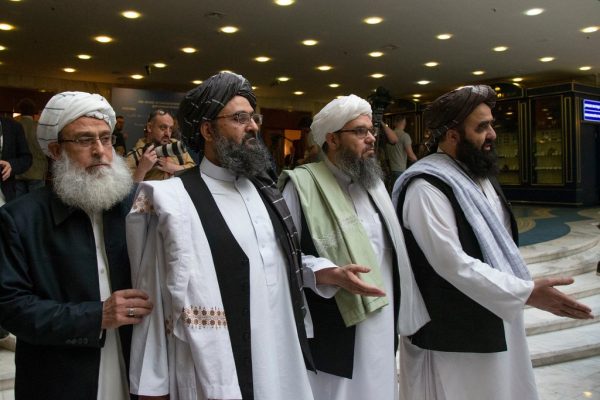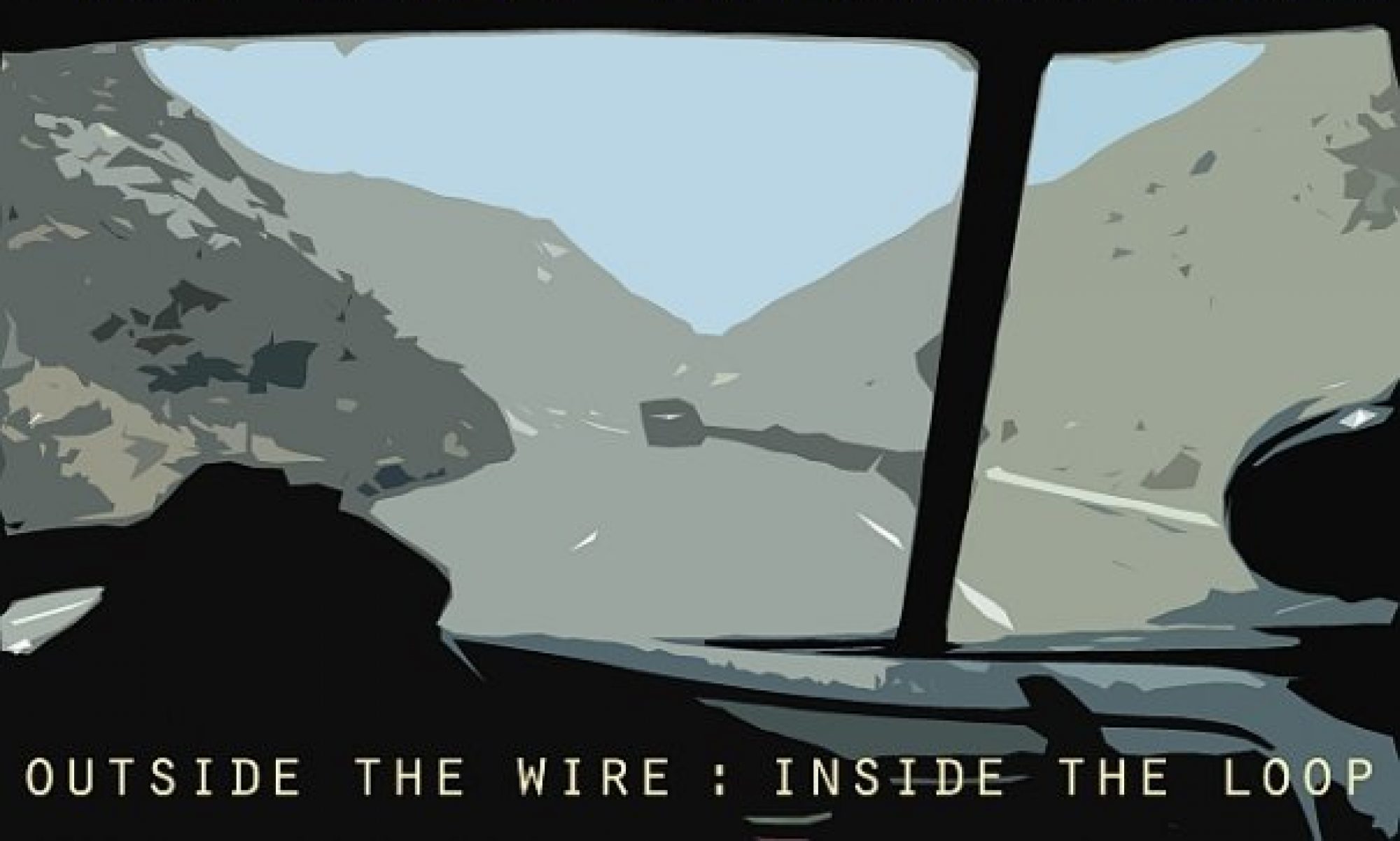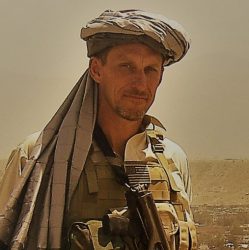Sirajuddin Haqqani wrote an opinion piece in the New York Times yesterday where he explained the Taliban’s expectations and goals in signing a Peace Agreement with the United States. The piece was professionally written, and I do not believe Sirajudin can write so well in English, so I doubt he wrote it himself. Regardless, the Taliban statement stakes out the moral high ground with sentences like:
“I am confident that, liberated from foreign domination and interference, we together will find a way to build an Islamic system in which all Afghans have equal rights, where the rights of women that are granted by Islam — from the right to education to the right to work — are protected, and where merit is the basis for equal opportunity.”
Sirajudin Haqqani represents the Peshawar, not the Miranshah Shura, and the fact that he’s doing the writing indicates that the various factions in the Taliban are presenting a unified front. Haqqani is also directly responsible for scores of car bombings in Kabul and a laundry list of other attacks that targeted innocent Afghans. His statement has more than a bit of hypocrisy, but who cares? This communique was addressed to the Afghan people, and if they want to allow men like Haqqani to reconcile with the government, it is their business, not ours.
While the MSM component of the national media waited to see what President Trump would say so they could take the opposite position, the conservative press pounced on this sentence to dismiss the entire missive.
“We did not choose our war with the foreign coalition led by the United States. We were forced to defend ourselves.”
In the Washington Examiner, Becket Adams called the claim of self-defense “a damnable lie”. Mr. Adams went on to state that “The Taliban 100% chose this conflict with the U.S.” That was true in 2001, but that is not what Haqqani is talking about, and from the Taliban’s perspective, we did indeed force them to fight us.
In 2002, the majority of the Taliban had surrendered and returned to their villages. There was one group of Taliban and al-Qaida fighters holed up in the mountains of Shah-i Kot, which we attacked, willy-nilly, with no intelligence or fire support preparation of the battlefield, and no idea how many adversaries we faced. The remainders were turning in their weapons and going home, which is precisely what Karzai, when he accepted the surrender of the Taliban government, asked them to do.
What do you do when part of a Special Operations Task Force with no enemies to identify or target? What we did was target the enemies of the warlords who cooperated with us and in the south of the country the Warlords we supported would be Karzai and his bitter rival Haji Gul Agha Sherzad. The village of Khas Uruzgan provides a perfect example of how we snatched defeat from the jaws of victory by relying on those two men.
When the Taliban were routed in an epic battle pitting a Special Forces A-team headed up by Maj. Jason Amerine and dozens fast movers (jets) vs. a couple thousand Taliban just outside the provincial capitol of Tirin Kot the local Afghans held jirga’s and agreed to candidates for the positions of district mayor, district chief of police, etc… Unfortunately, the acting president (Karzai) sent one of his friends named Jan Muhammad, to be the provincial governor. Jan Mohammad intended to put his fellow tribesmen (Popalzai) into every paying billet in his province.
In towns like Khas Uruzgan, the men selected by the people to govern them moved into the district center and started accepting weapons from surrendering Taliban. Jan Mohammad, who had just been released from the Taliban prison by Karzai himself, moved into the provincial governor’s compound and promptly appointed his tribesmen to every district governor and police chief billet in the province.
In Khas Uruzgan, the man elected by the jirga occupied the district governor’s compound. Next door was a schoolhouse where Jan Mohammad’s men were busy disarming the Taliban, and there were tons of weapons in both buildings.
In late 2002, the U.S. Army conducted a raid on both buildings (which they thought held Taliban), killing several men in the process and yoking up several more for interrogations at the Bagram airbase. Anand Gopal, in his excellent book No Good Men Among the Living describes the results of this raid:
Khas Uruzgan’s potential governments, the core of any future anti-Taliban leadership—stalwarts who had outlasted the Russian invasion, the civil war, and the Taliban years but would not survive their own allies. People in Khas Uruzgan felt what Americans might if, in a single night, masked gunmen had wiped out the entire city council, mayor’s office, and police department of a small suburban town: shock, grief, and rage.
It would be years before the United States admitted they had raided the wrong place. Mullah Abdul Ghani Baradar (the current senior Taliban negotiator) had gone to ground near Khas Uruzgan, and our Special Forces decimated not one, but two wedding parties (with AC-130 gunships) in an attempt to catch him. Dozens of children and women were killed in these raids. It is essential to acknowledge that to the Afghan people, there were two wars, one that drove the Taliban from power quickly, and a second one that started when we stayed on in the country to “capture senior Taliban and al-Qaida”. The responsibility of this second war rests solely on the National Command Authority of the United States, which failed to define Phase four (what happens when we win).

If you want to read an infuriating account of our incompetence making us enemies among people who wanted to be allies during that second round of war, read Chapter 5 of No Good Men Among the Living. It is a detailed description of how we were tricked into detaining and/or killing the entire anti-Taliban leadership of Band-i-Timor in the Maiwand district of Kandahar. You cannot make some of this stuff up.
The opinion piece by Sirajudin Haqqani was a masterstroke of information warfare and will be hard for the United States to refute. The Taliban leadership, unlike the American leadership, has skin in the game. There is no reason to doubt their commitment to participate in establishing an Afghanistan free of foreign troops and moving towards a consensus on who is governing what. It is now time for the United States to move out of the way and allow the Afghans to determine what their country will become.
In 2002, the Taliban were defeated, and al-Qaida had already gone to Pakistan. All the fighting since then has not changed a thing on the ground. It is time to pull out, reduce funding to Afghanistan, and let them sort out the situation among themselves.


